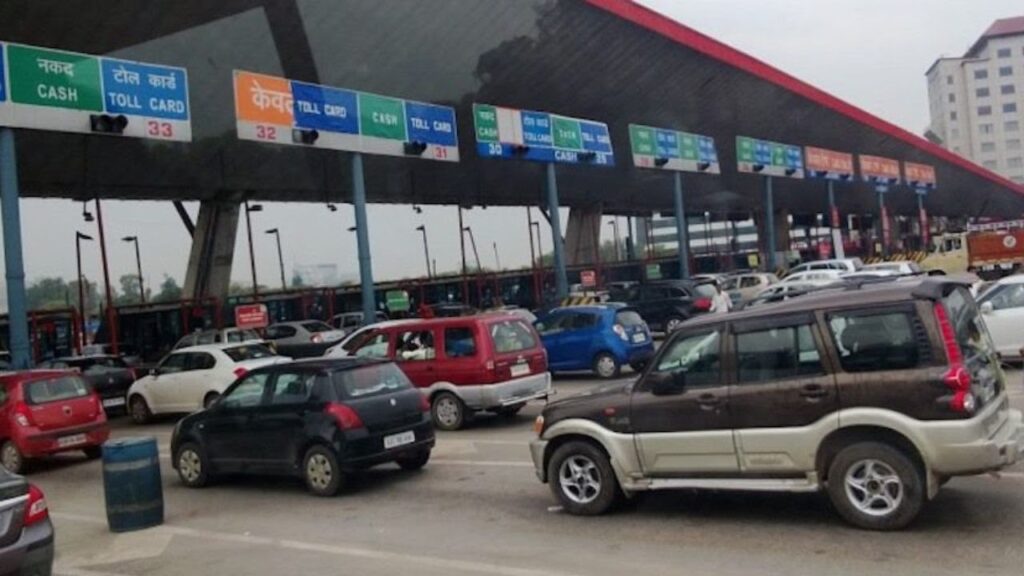Starting April 1, traveling on national highways and expressways could become a bit more expensive as the National Highway Authority of India (NHAI) is preparing to increase the toll tax, according to a report on Sunday.

Revision In Toll Tax
With this move, the toll tax will be increased by 5-10 per cent.
So far, the revision of tariff is an annual affair as per the National Highways Fee (Determination of Rates and Collection) Rules, 2008.
A latest media report indicates that the proposal for revised toll rates will be sent from NHAI’s all Project Implementation Unit (PIU) by March 25.
After the approval of the Ministry of Road and Transport, the new rates will be implemented from April 1 reportedly.
With this implementation, the cars and light vehicles will be charged an additional 5 percent per trip.
At the same time, the toll tax for heavy vehicles may increase by 10 per cent.
Prior to this, the toll tax range was hiked between 10 and 15 per cent during 2022.
That time, the tariff prices of all types of vehicles plying on national highways were increased by Rs 10 and Rs 60.
The toll tax is being collected on the expressway at Rs 2.19 per kilometer presently.
How Does This Affect Monthly Pass?
This would also affect the monthly pass facility, which is a cheaper provision given to those residing in an area of 20 kilometers of the toll plaza.
They will witness the toll price hike by 10 percent, according to sources.
Notably, there is no provision for exemption for people who live within a particular radius of a user fee plaza, according to the National Roads Fee Regulations 2008.
Although, a person who owns a vehicle registered for non-commercial use and lives within 20 kilometers of the charge plaza is eligible for a monthly pass at the rate of Rs 315 per month for financial year 2022-23 for unlimited travels via a fee plaza under the National Highways Fee (Determination of Rates and Collection Regulations, 2008), provided a service road or alternative route is not available for usage.
It is noteworthy here that this rule does not cover a closed user fee collection system.











